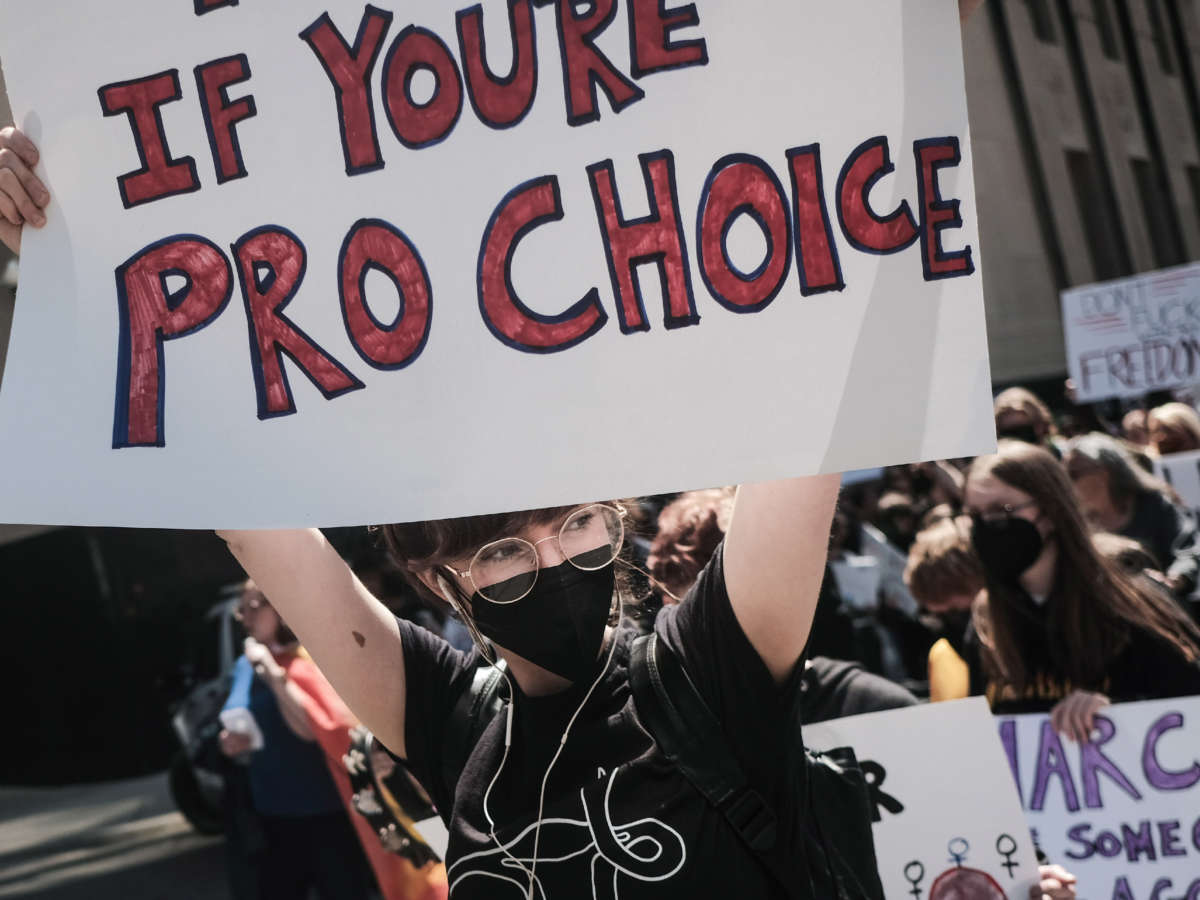A state judge in Michigan has ruled that a 1931 law barring nearly all abortions in the state is unconstitutional and inconsistent with standards meant to ensure that residents’ bodily autonomy rights are respected.
The law, which was previously blocked by a preliminary injunction from the same judge in May, bans abortion at any stage of pregnancy, allowing the procedure only when a person’s life is at risk.
Before the preliminary injunction, the law was set to be implemented after the federal Supreme Court overturned Roe v. Wade earlier this year. The law was enforced before Roe was decided in 1973 and likely would have been automatically triggered had the injunction not been put in place one month before federal abortion rights were overturned.
On Wednesday, Court of Claims Judge Elizabeth Gleicher issued a permanent injunction on the law, barring its enforcement (at least for the time being, as an appeal from anti-abortion activists or lawmakers is expected to come about). In her ruling, Gleicher noted that the statute is “facially unconstitutional because its enforcement would deprive pregnant women of their right to bodily integrity and autonomy, and the equal protection of the law.”
Michigan’s state constitution includes the right to bodily integrity and equal protection to pregnant people under the law — but the 1931 statute violated those principles, Gleicher wrote.
“Our Constitution does not permit the Legislature to impose unjustifiable burdens on different classes of pregnant women,” she said in her ruling. “It also forbids treating pregnant women as unequal to men in terms of their ability to make personal decisions about when and whether to be a parent.”
Barring people from getting abortions also threatens them “with irreparable injury,” Gleicher said in her opinion, noting that without the availability of abortion services, pregnant people “will be denied appropriate, safe and constitutionally protected medical care” as well.
Abortion rights advocates celebrated the ruling.
“Today’s Court of Claims ruling will ensure that Michiganders can continue to make deeply personal decisions about their health, lives, and futures without interference from state officials,” Planned Parenthood of Michigan said in a series of tweets. “We are grateful to every Michigander who has joined in this fight and to every provider who has continued to serve patients during this period of chaos and uncertainty.”
Michigan Gov. Gretchen Whitmer, a Democrat, also praised the ruling.
“Today, the courts have ruled once again that Michigan women have the right to make medical decisions with their health care provider and those they trust,” Whitmer said in a statement. “I have been fighting like hell to protect reproductive freedom in Michigan for months and am grateful for today’s lower court ruling declaring our extreme 1931 abortion law unconstitutional.”
Whitmer noted that the ruling was likely to be appealed, however— and reiterated her request for the state Supreme Court to take up a motion she filed earlier this year to rule on the anti-abortion law.
“With our rights still hanging by a thread, the Michigan Supreme Court needs to provide certainty and rule on my lawsuit to protect the right to abortion in the state constitution,” Whitmer said.


